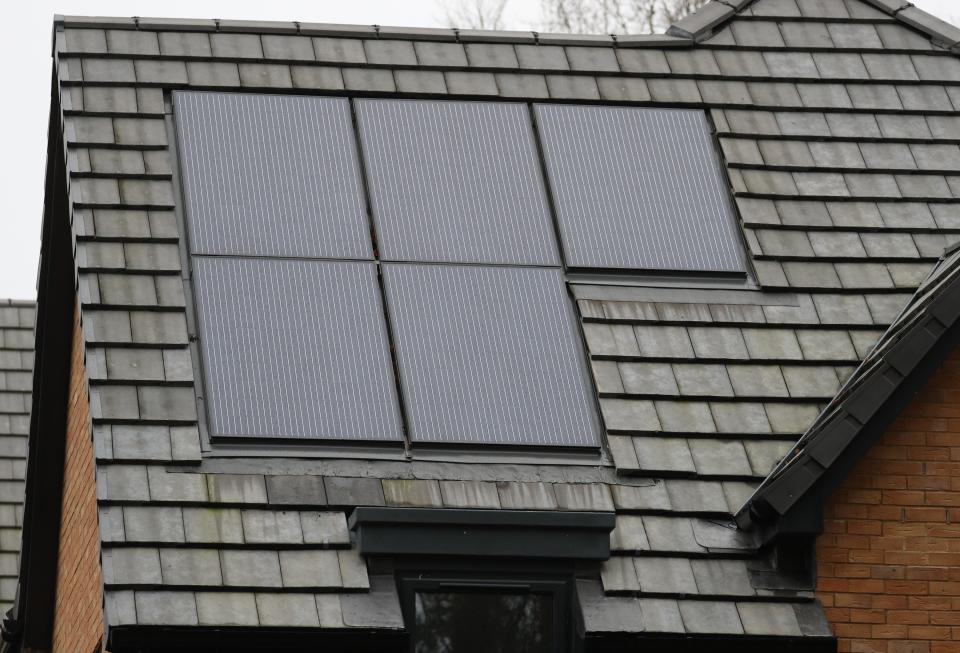£56 monthly rise in energy bills ‘would encourage people to make homes greener’

The average person would only invest in making their property greener if their energy bills jumped by £56 a month, according to survey.
This was the tipping point at which they would make their home more energy-efficient, according to the research from Nationwide Building Society
Half (50%) of the more than 2,000 people surveyed consider themselves environmentally friendly.
Without encouragement and incentivisation nothing will likely change
Claire Tracey, Nationwide Building Society
But 46% said they were worried about the cost of going green and 30% were concerned they would be overcharged due to finding green improvements confusing.
Claire Tracey, Nationwide Building Society’s chief strategy and sustainability officer, said: “Without encouragement and incentivisation nothing will likely change.”
Nationwide has made a £1 billion loan fund available for borrowers to reduce the carbon footprint of their homes and kickstart green home improvements.
It also offers a mortgage rate of 0.75% to its existing mortgage customers for additional borrowing.
At least half of the home loan must be used to fund a range of sustainable home improvements, including the addition of solar panels, air source heat pumps and electric car charging points.
Greenpeace UK’s director of policy Doug Parr said: “While it is absolutely vital for tackling the climate crisis that housing in the UK is given a low-carbon transformation, it cannot leave hardworking households out of pocket.
“Grants can be a welcome boost but we need the Chancellor to deliver a suite of funding and tax breaks in the upcoming spending review if we’re to succeed in greening the UK’s homes.
“That means fully funding energy-efficiency improvements and low-carbon heating for low-income families so they are not worse off from the transition. It also means support for other households to give the market the necessary kickstart it requires.”
Read More
Nearly half of people ‘believe live entertainment is more important than ever’
Average asking rents exceed £1,000 as city centres start to recover
Average UK house price surges by 10% annually and nears record high

 Yahoo Finance
Yahoo Finance 